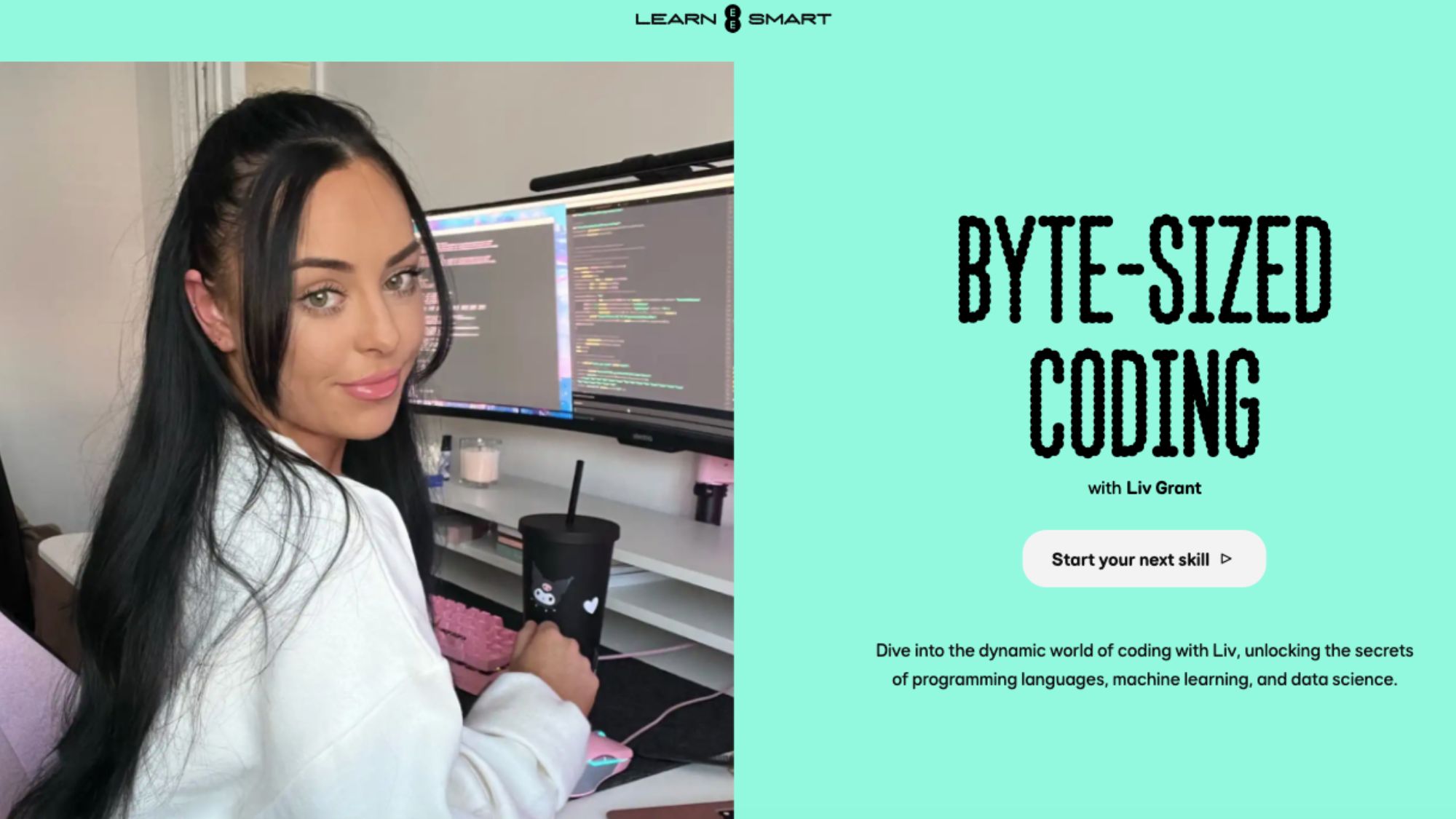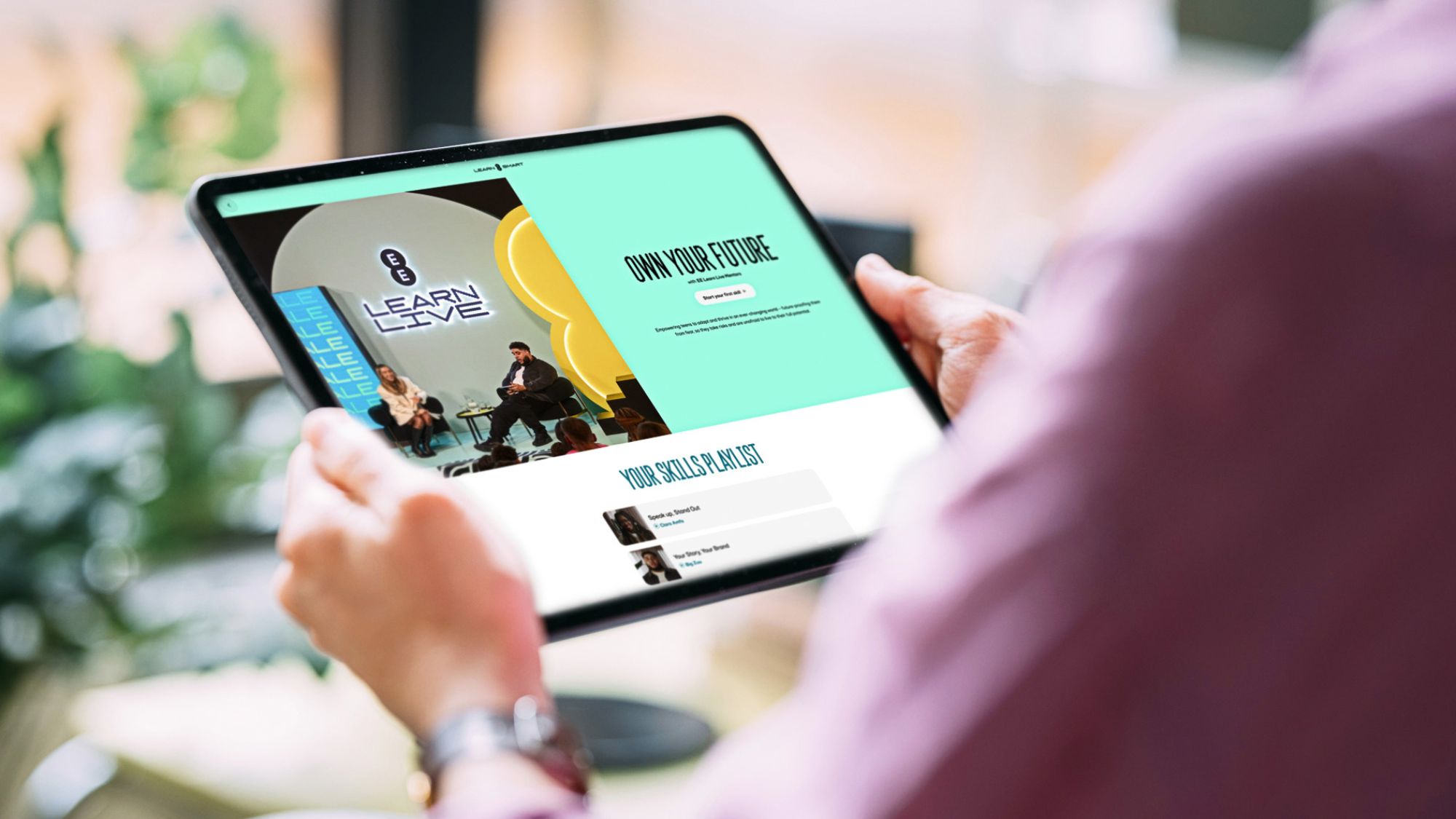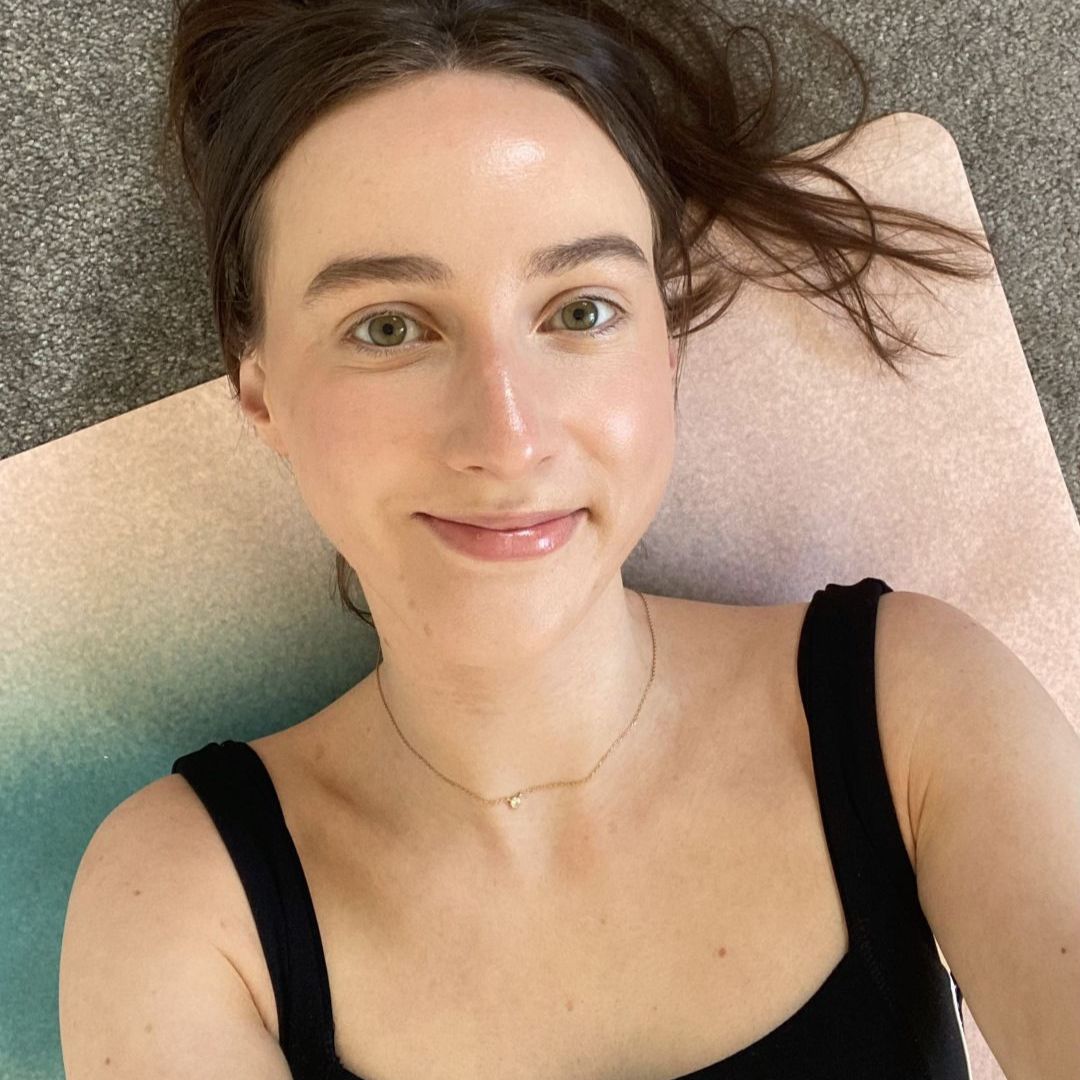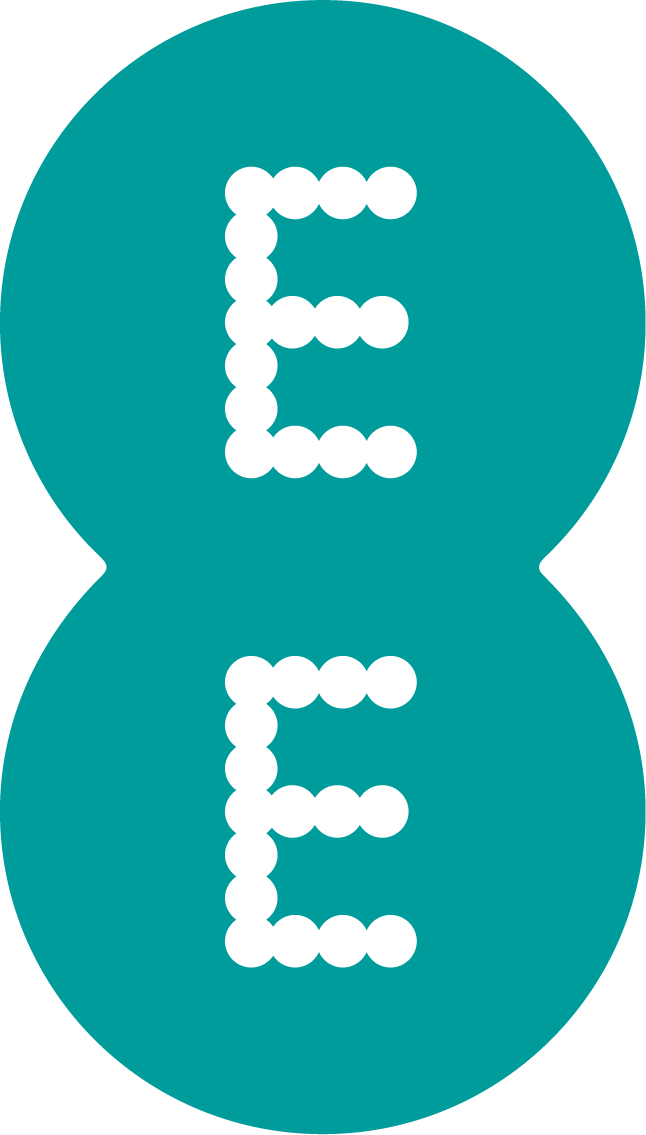Learning to code could be your next big career move – here’s how to get started

Kickstart your coding career with these three simple steps…
Learning to code is a sure-fire way to future-proof your career, with demand for coding jobs growing year on year. But you don’t have to be a software engineer or data analyst to reap the benefits of a coding education, with 9 to 5s from graphic design to marketing now requiring some element of computer programming.
The benefits of learning to code are therefore no secret, with even basic programming skills proven to expand your job opportunities, increase your earning potential and afford you more job security.
According to research by UK-based software company KX, nearly a third of UK students now recognise coding as a core life skill, with 60% believing it will bring them better job opportunities. But despite this, 43% have reported a lack of access to education as the barrier stopping them from learning to code.

Thankfully, EE is on the case, offering “byte-sized” coding lessons on its informative LearnSmart platform, led by tech educator Dr Liv Grant.
Grant, one of EE's many LearnSmart mentors, is passionate about making STEM more accessible. And as such, she has put together a series of micro lessons on coding - breaking down the basics of programming languages, machine learning and data science.

“From making games to running robots, coding is the magic behind all things digital,” explains Grant in her video tutorial series on EE’s LearnSmart hub. “So, learning to code gives you the power to bring your creative ideas to life.”
“You can even make a career out of it, just like me. [But] it's not just for the tech whizzes,” Grant emphasises. “Anyone can learn the ropes."
With that in mind, we’ve rounded up three key steps to get you started. So whether you’re looking to learn the basics or start a whole new career, here’s how to kickstart your coding education…

Find your coding focus
The world of coding is vast, with hundreds of programming languages in existence - each with its own unique purpose. Finding and narrowing your focus is therefore key, and the first step is identifying your reason for wanting to code. Do you want to become a professional data analyst or are you looking to build games for fun? Do you want to set automated tasks or become a full-blown web developer? Identifying your target will inform which programming language you should start with, which is the fundamental first step to coding.
If you want to build apps, you’ll likely want to start with Java, for game development, C#, and if you want to train as a web developer, you’ll probably opt for Java Script. If you're stuck, Grant recommends starting with Python, calling it a "versatile and beginner friendly" language. Its syntax is also the most similar to English, so it’s a good code form for learning how to write and develop.
Access the right resources
Now that you’ve chosen your programming language, it’s important to access the right online resources. It might take some trial and error to find the right course for you, but according to Grant, it doesn’t have to break the bank. In fact, with platforms from YouTube to Google offering extensive free tutorials, it shouldn’t cost you a penny.
Our recommendation? Free Code Camp, a popular online training platform, offering video tutorials, interactive lessons and a project-based curriculum, allowing you to learn the ins and outs of coding at all levels, and at your own pace. Plus, you can also earn industry-recognised, verifiable certifications along the way - something that is proven to boost your employment prospects, and put you in good stead for a career in coding.
Hone your skills gradually
As the saying goes, practice makes perfect, and that is definitely true of coding, so make sure to keep honing your skills over time. Project-based learning is proven to be an efficient way of developing your coding abilities, but there’s no need to try writing a game or building a complex website on your first try.
Instead, Grant recommends setting yourself mini projects to ensure steady improvement, with popular beginners practice projects including building a chess game and creating a basic calculator - both being good exercises in using algorithms. Other recommended practice activities include making a countdown timer, producing a Javascript slideshow and creating a simple to-do list programme. In time, you will move onto more advanced projects, like the creation of mobile apps and consoles, but by developing your skills gradually, you can ensure that you have the best possible understanding at all levels. And this should in turn allow you to pursue coding with confidence.
Visit EE LearnSmart for more information on how to kickstart your coding career.
Marie Claire Newsletter
Celebrity news, beauty, fashion advice, and fascinating features, delivered straight to your inbox!

Jenny Proudfoot is an award-winning journalist, specialising in lifestyle, culture, entertainment, international development and politics. She has worked at Marie Claire UK for seven years, rising from intern to Features Editor and is now the most published Marie Claire writer of all time. She was made a 30 under 30 award-winner last year and named a rising star in journalism by the Professional Publishers Association.
-
 Andrea's It List: Quick 'one and done' outfits
Andrea's It List: Quick 'one and done' outfitsMulti-tasking pieces you'll wear again and again
By Andrea Thompson
-
 TikTokers are claiming that their luteal phase is making them ‘ugly’—here’s how it actually affects your skin, hair and nails
TikTokers are claiming that their luteal phase is making them ‘ugly’—here’s how it actually affects your skin, hair and nailsPlus, how to prepare for it…
By Nessa Humayun
-
 I tried Pilates scissors, the raved-about Pilates move - and think it's the best combination of stretching and strengthening ever
I tried Pilates scissors, the raved-about Pilates move - and think it's the best combination of stretching and strengthening everTrust me, this one's worth trying.
By Katie Sims
